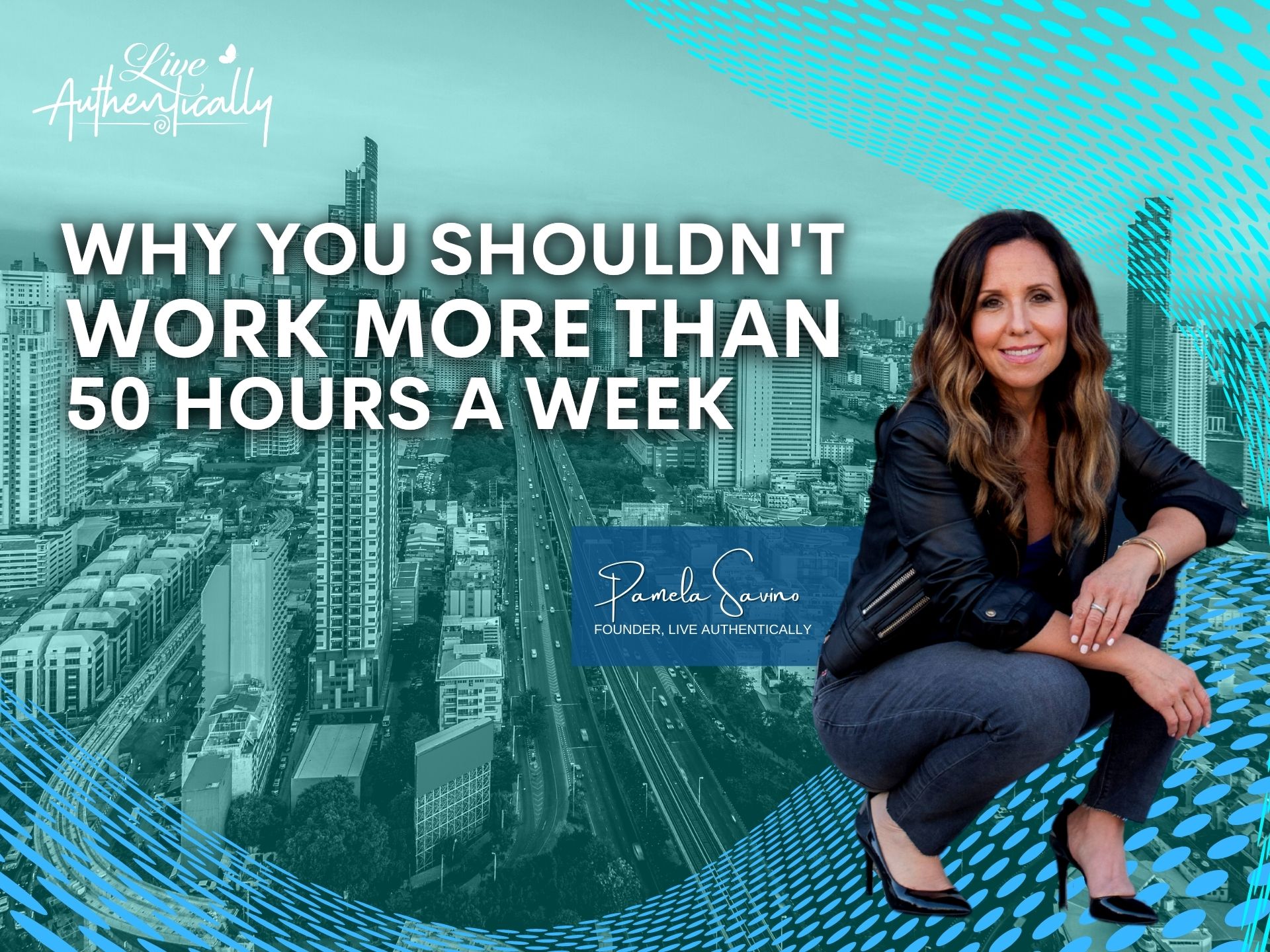For some things in life, more is better, but the number of hours worked in a week is not one of them.
Have you ever suffered from “work hours creep?” I know I sure have.
You start a job targeting to work about eight hours a day. After all, you know it’s important to have a life outside of work – time for your family, relationships that are important to you, hobbies, health and wellness, faith, etc.
But then eight hours becomes 8 ½. And 8 ½ becomes 9. And 9 becomes 10. And weekdays spill over into weekends. You find yourself saying things like “I’ll just finish this one thing up before I leave the office.” Or “I’ll just work an extra hour tonight so tomorrow will be easier,” only to find yourself in the same situation again the next day.
Regardless of our role in a company, whether you’re a solopreneur, the CEO of a large corporation, or the new hire fresh out of college, we’re all at risk of falling victim to work hours creep unless we empower ourselves and make choices that help us keep our life in harmony.
Here are some thoughts on why working more than 50 hours a week may not be in your best interest:
1. Working too hard is a regret of the dying.
In her life-changing memoire “The Top Five Regrets of the Dying,” palliative care nurse Bronnie Ware discusses death bed reflections. Amongst the top five regrets: “I wish I hadn’t worked so hard.”
Nothing puts the concept into perspective quite like this.
Work hard, play harder is how I roll. How about you? Maybe this is a good time to analyze your work to play ratio. Are you happy with where you are?
2. Research says so.
It may feel like productivity is directly correlated to how many hours we put in, but it’s not.
Stanford economics professor John Pencavel found that there’s a steep dropoff in productivity beyond 50 hours a week.
So the next time you find yourself hitting that 50 hour a week threshold, think of this study, and what you might be able to change in order to keep your hours at a reasonable level. Next week we’ll explore some ideas around this.
3. Significant health risks.
A World Health Organization study showed that working long hours resulted in 745,000 deaths from stroke or heart disease.
Conditions also associated with working long hours are stress, anxiety, and depression.
If you’re experiencing any adverse health effects whatsoever, it’s time to do a cost/benefit analysis and get really honest with yourself about if it’s really worth it.
4. It’s a win-win scenario.
Everybody benefits when employees at all levels of the company are sound in mind, body and spirit. Employees feel happier, more fulfilled, and more energized. And companies enjoy the benefits of heightened employee morale, which leads to enhanced productivity, bolstered retention, and ultimately a more profitable bottom line.
5. It’s the way of the future.
Humanity is in the midst of a huge shift right now. We’re in the process of re-templating the way we work and live. The pandemic has shaken us up on all levels and prompted us to ask ourselves some really deep questions. Amongst these: Am I happy with my lifestyle?
Employers are starting to realize that the old-school “slay every day” approach has an expiration date, and ultimately results in employees feeling burnt out and unfulfilled. They’re realizing that there’s a better way. By shifting to a lifestyle-based approach, where we look at our lives in an integrated way, we realize the importance of caring for all aspects of our lives in a harmonious way.
Now that we’ve explored the “why’s” of limiting hours to a reasonable number of hours per week, we can move into exploring the “how’s.” Stay tuned next week for some practical ideas for keeping your work hours from spiraling out of control.
